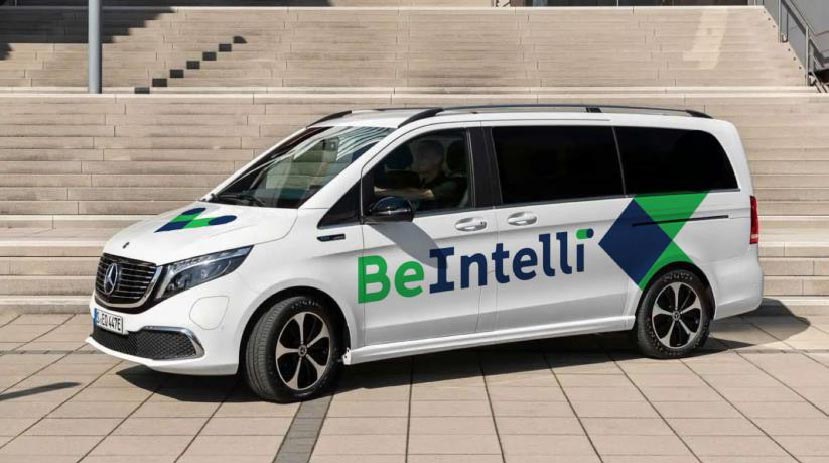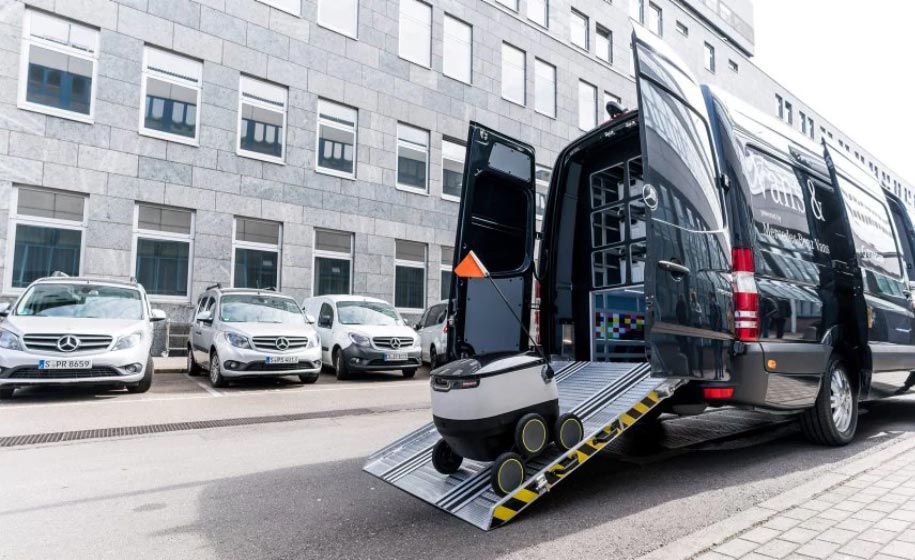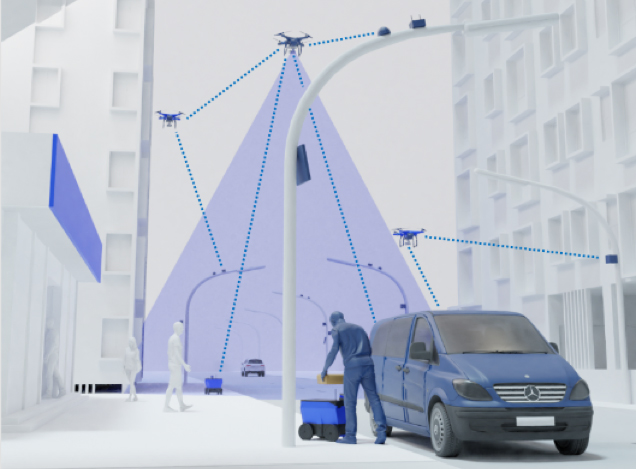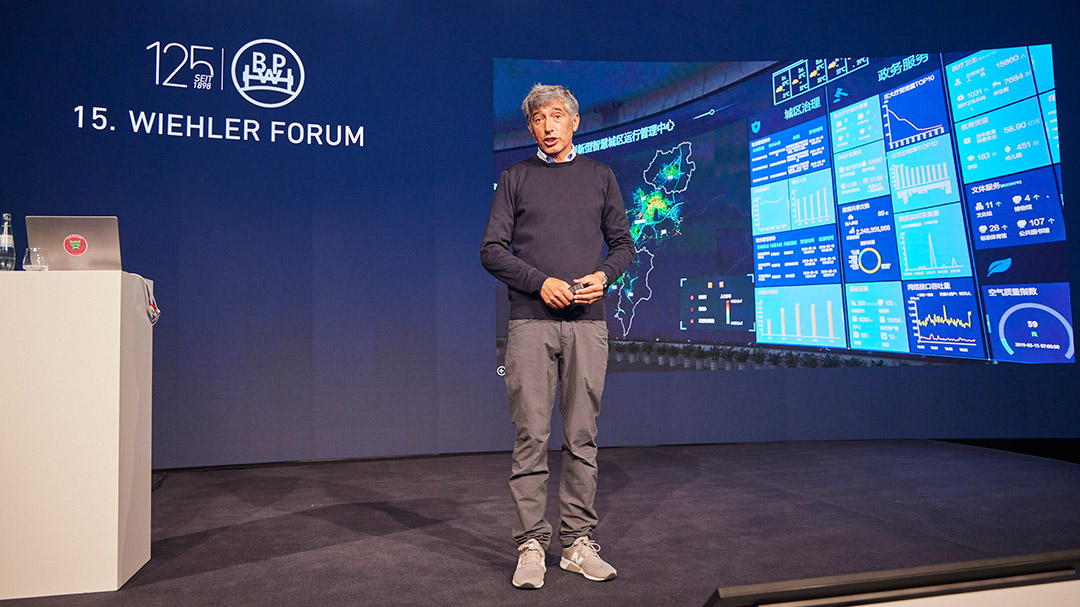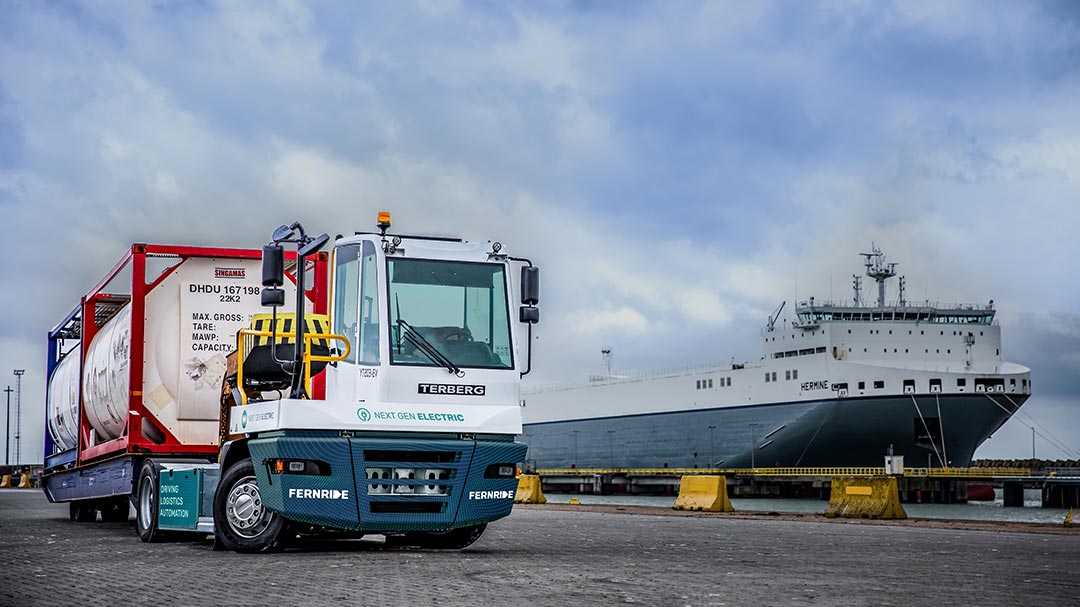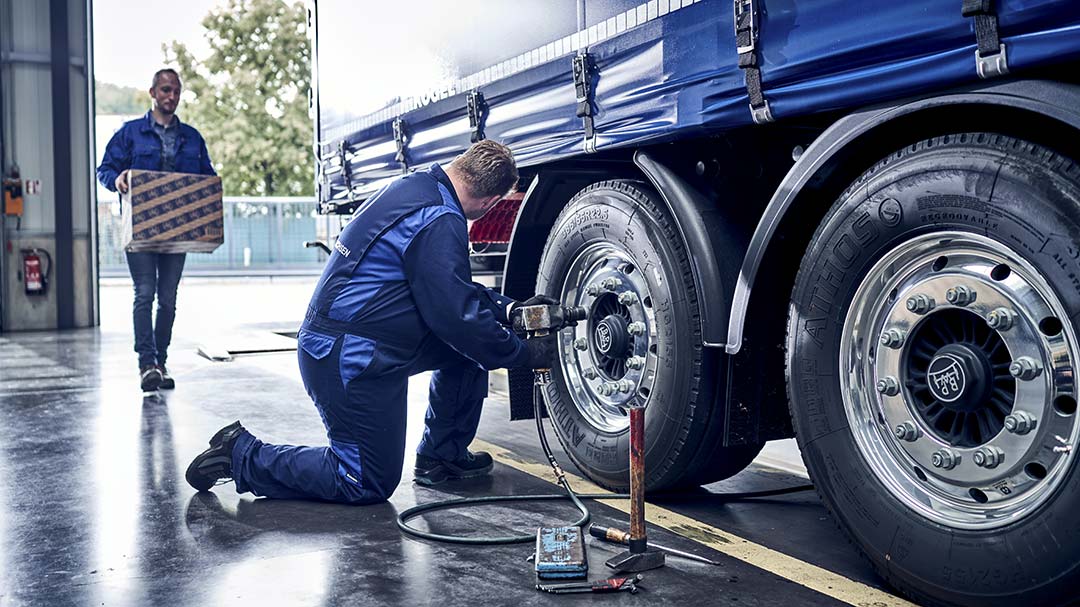Text: Juliane Gringer
Photos: TU Berlin
With the BeIntelli project, the Technische Universität Berlin, together with many partners, is researching how intelligently networked mobility can function in the city.
How well do people accept AI?
As part of the project “BeIntelli“, he and his colleagues are therefore researching how people accept AI in mobility and how an intelligent transport system with electrically powered, autonomous vehicles that transport people as well as goods can function. Part of the team, for example, is Professor Sahin Albayrak, head of the Distributed Artificial Intelligence Laboratory at the TU, who uses his computer science expertise to oversee the topic of distributed artificial intelligence: “We are further developing vehicles and their components into system solutions for higher-level mobility in order to increase the efficiency of city logistics,” he explains.
Real test track in the middle of Berlin
Intelligence not only in the vehicle
“Our concept is that not all the intelligence sits in the vehicle, but we believe in distributed intelligent systems and put some of it in the infrastructure, installing sensors and cameras along the roads,” explains Frank Straube. “This gives the vehicles a completely new role in the realisation of logistics mobility. ” A so-called AI middleware controls the artificial intelligence systems between possible objects and application fields. Mainframe computers at the AI then steer the vehicles remotely – this has already been successfully tested in a previous project called DIGINET PS. “There we learned a lot about how vehicles and the infrastructure on the roads can work together. We are now using this knowledge to realise more than just autonomous driving,” says Straube.
Dynamic unloading stations

»We want to contribute to a liveable city that remains competitive and is sustainable.«
Professor Frank Straube, Head of the Logistics Department at the Institute of Technology and Management at the Technical University of Berlin (TU Berlin)
Taking research to the streets
Another project is currently being planned: the additional use of drones is to be tested. “They will not deliver anything themselves, but serve as a so-called view extension for the autonomous vehicles,” explains Frank Straube. “For example, they can look into the side streets and detect parking spaces there where you could unload intelligently.” BeIntelli has already started, with the first vehicles driving since spring 2021. The project will run until 2023 and partners are still being sought. “Anyone who is interested in participating in BeIntelli can become an associated partner, define their own use cases or contribute their own real infrastructure topic and test such scenarios themselves,” says Straube. If you are interested, you are welcome to contact him directly. In the future, BeIntelli will make its data and models available to other market participants such as start-ups and industry partners: this is how more AI-supported mobility solutions are to be made possible and research brought to the streets.
